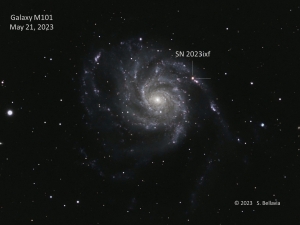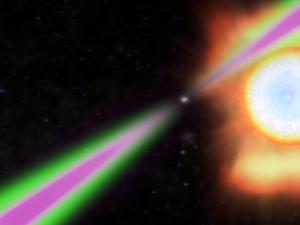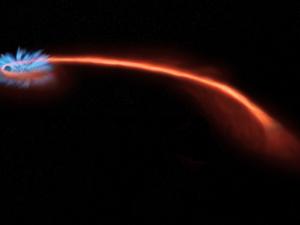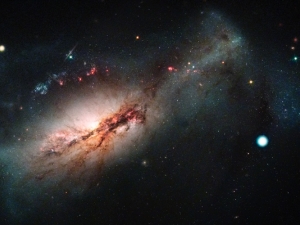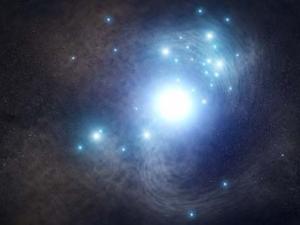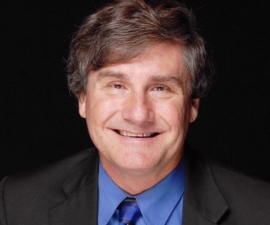

Research Bio
Alex Filippenko and his collaborators are determining the nature of the progenitor stars and the explosion mechanisms of different types of supernovae and gamma-ray bursts. He is also using supernovae as cosmological distance indicators, and he was a member of both teams that discovered (in 1998) the accelerating expansion of the Universe, probably driven by "dark energy" -- a discovery that was honored with the 2011 Nobel Prize in Physics to the teams' leaders. He also works on quantifying the physical properties of quasars and active galaxies, and he searches for black holes in both X-ray binary stars and nearby galactic nuclei. His group has developed the 0.76-meter Katzman Automatic Imaging Telescope (KAIT), which is conducting one of the world's most successful searches for relatively nearby supernovae, having discovered more than 1000 of them. He is a frequent user of Lick Observatory, the 10-meter Keck telescopes, and the Hubble Space Telescope.
Research Expertise and Interest
supernovae, active galaxies, black holes, gamma-ray bursts, expansion of the universe

